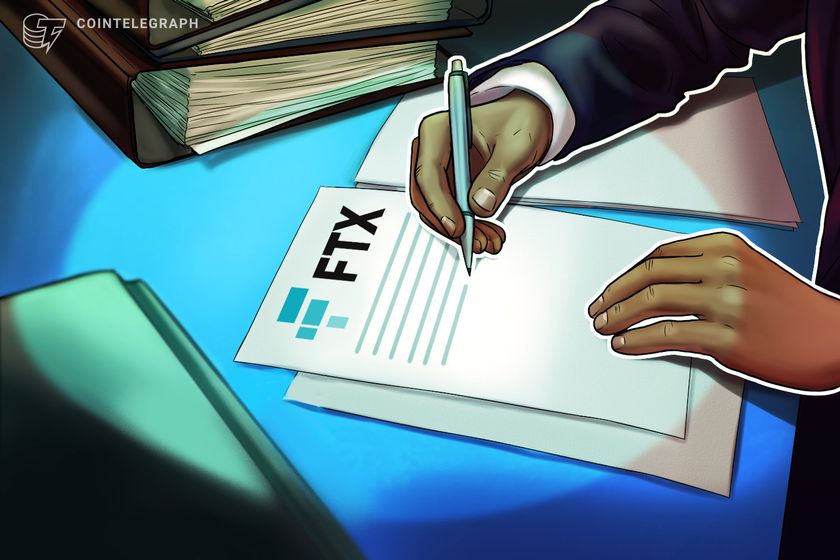The Agenda podcast chats crypto, media and ethics with Molly Jane Zuckerman
Should crypto media have a universal code of ethics, and what role — if any — should journalists play in promoting crypto mass adoption?
114 Total views
3 Total shares

Own this piece of history
Collect this article as an NFT
2022 was a rather challenging year for the crypto sector, and the prevalence of Ponzi schemes, decentralized finance scams, nonfungible token rug pulls and questionable centralized exchange bookkeeping put the issue of ethics in the space on blast.
Of course, the negative news of last year wasn’t an outlier or a one-off — generally, “good” ethics have been an issue in crypto for years, and it’s probably safe to assume that challenges will continue to dot the landscape for the foreseeable future.
Within the context of media, it’s important to recognize that objective, unbiased news reporting and transparency are paramount if the industry is to earn the trust of the wider public and, as a result, change the negative perspectives people often hold about it.

In the latest episode of Cointelegraph’s podcast The Agenda, hosts Ray Salmond and Jonathan DeYoung sat down with crypto media vet Molly Jane Zuckerman to discuss her experience with ethics challenges in the industry and her ideas on how to integrate best practices into the sector.
When asked by Salmond about the most important things to fix in crypto media and the potential for journalists to experience a “kind of shadowy pressure to do what’s in the company’s best interest,” Zuckerman suggested that drastic improvements in transparency are needed. She mentioned that the Association of Cryptocurrency Journalists and Researchers, an organization she co-founded, has been working on a standards guidebook to help reporters and news agencies alike:
“It is something I spend a lot of time thinking about, just even outside of my day job, is how do we make sure that people working in crypto have sort of a rule book to follow beyond just what their newsroom might tell you might tell them.”
Zuckerman elaborated:
“I think the issue is if you have access to do something that’s so easy for really big money, it can really tempt a lot of people. So, I think that even people with very, very high moral standards and very clear ethical boundaries — at least I’ve seen this in a few companies I’ve worked for, [they] will purposely not give them access to parts of the site that would tempt them.”
Is the onus of ethics primarily on journalists or protocol builders?
When asked whether crypto’s ethics crisis stems primarily from companies and their profit objectives or from the capacity of journalists to be compromised, Zuckerman suggested that it could be a mixture of both. She also takes issue with the fact that many crypto media outlets and journalists see their mission as to help catalyze mass adoption, saying:
“I don’t think it [crypto media] should help catalyze mass adoption, personally. I think crypto media should just lay bare the facts of what is happening in the space. And I think, unfortunately, right now, if crypto media did a neutral job of that, then most people would probably leave the space because it would just be articles about bankruptcy after bankruptcy after bankruptcy.”
According to Zuckerman, the true purpose of crypto media is to educate readers:
“I don’t think that any media outlet should ever have a goal being, like, let’s get more people to use cryptocurrency. I think it should be, let’s get more people to understand how it works. But if they understand how it works and hate it, then that’s the same positive result to me as understanding how it works based on an article you read and liking it.”
To hear more from Zuckerberg, tune in to the full episode of The Agenda on the Cointelegraph Podcasts page, Spotify or Apple Podcasts — and be sure to check out Cointelegraph’s other shows as well.
The views, thoughts and opinions expressed here are the authors’ alone and do not necessarily reflect or represent the views and opinions of Cointelegraph.









